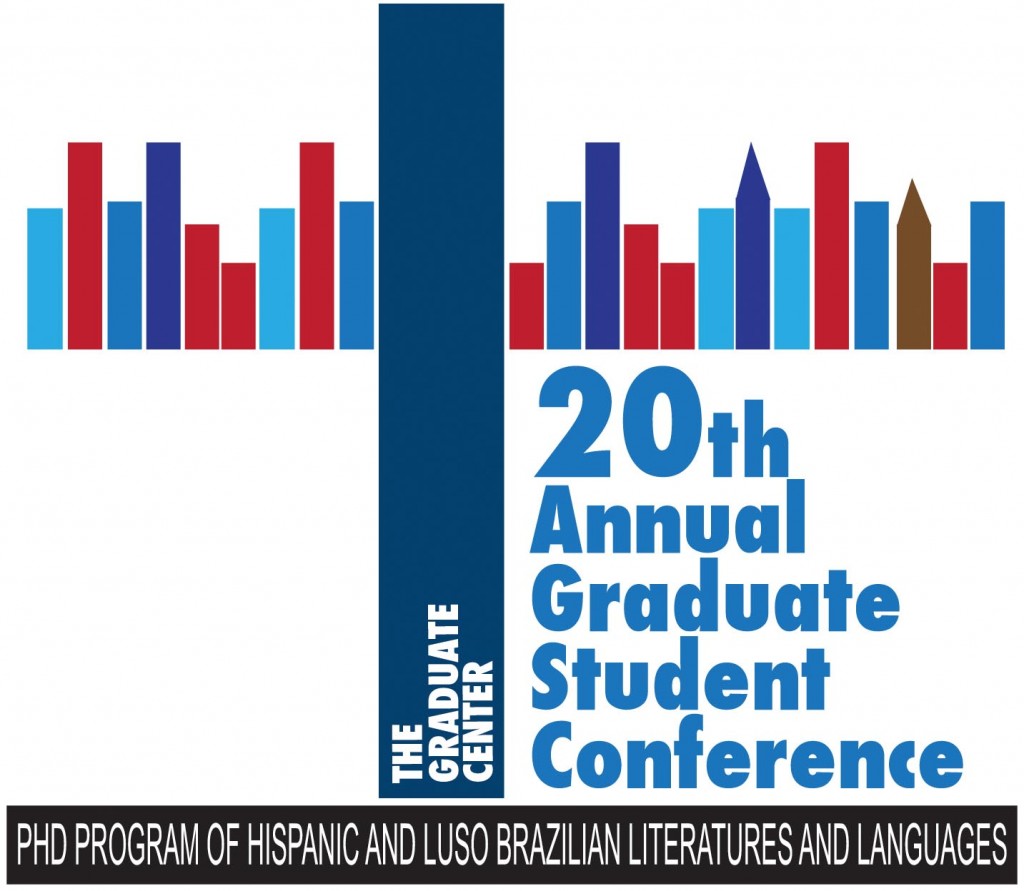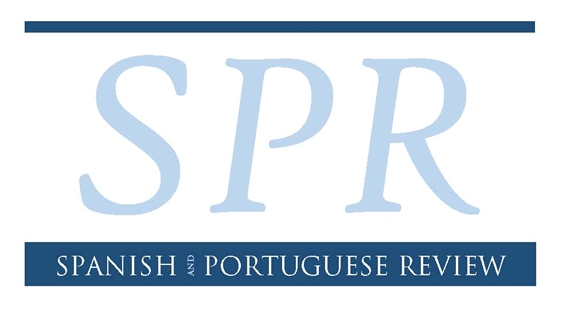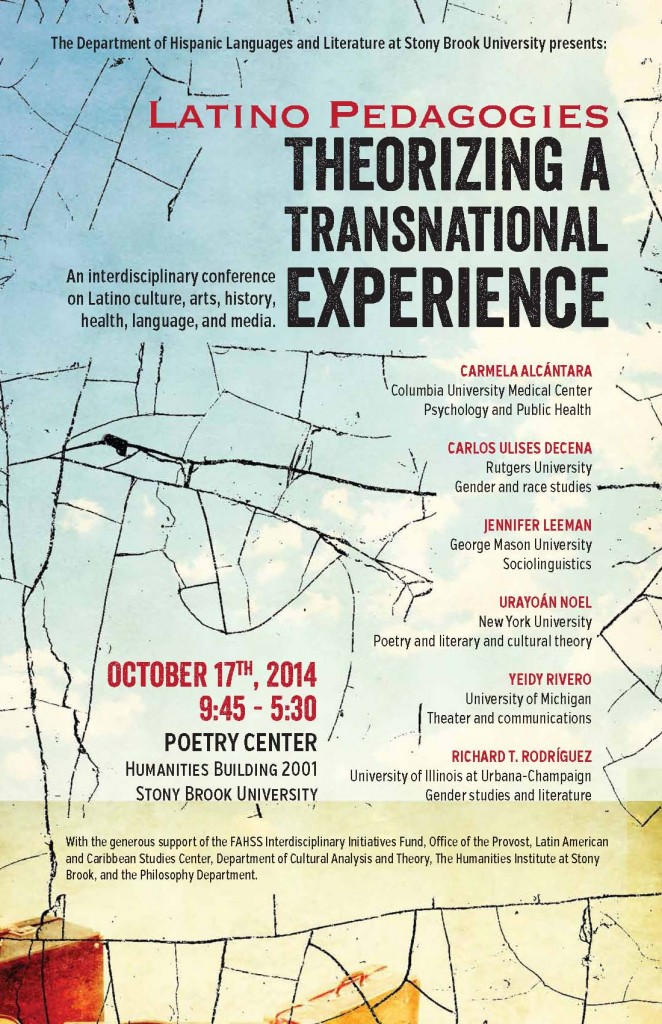The Graduate Center’s Internal Deadline is Monday, January 5, 2014, 5pm. Students who wish to be considered must submit a completed application (along with supporting materials) to Rachel Sponzo in the Office of the Provost (Room 8113). Students should submit the application and supporting documents in hard copy (single-sided, no staples), along with sealed copies of reference letters and transcripts. The applications will be reviewed by the Graduate Center to determine which three will be forwarded to the Dolores Zohrab Liebmann Fund for the national competition.
If you have questions, please contact Rachel Sponzo ([email protected]; 212-817-7282).
CANDIDATE QUALIFICATIONS
- Fellowships are available to students who are currently enrolled in and pursuing a graduate degree at a designated institution of higher learning located in the United States of America. Undergraduate students are no longer qualified candidates.
- The program of study being pursued by the candidate may include any recognized field of study in the humanities, social sciences, or natural sciences (including law, medicine, engineering, architecture or other formal professional training). The selection committee has a strong preference for supporting scholarly endeavors.
- The candidate must have received a baccalaureate degree at the time of application and have an outstanding undergraduate record.
- The candidate must demonstrate a need for financial assistance.
- The candidate must be a citizen of the United States of America.
- The candidate may be of any national descent or background.
The Dolores Zohrab Liebmann Fund was established by the Will of Dolores Zohrab Liebmann and is administered by JPMorgan, Trustee. Mrs. Liebmann was the daughter of a prominent Armenian intellectual, writer and statesman and was married to one of the owners of a successful American business. She supported students and educational and charitable organizations during her lifetime. Mrs. Liebmann’s primary concern, as expressed in her Will, was to attract and support students with outstanding character and ability who hold promise for achievement and distinction in their chosen fields of study. The trustees welcome applications from students of all national origins who are United States citizens.





